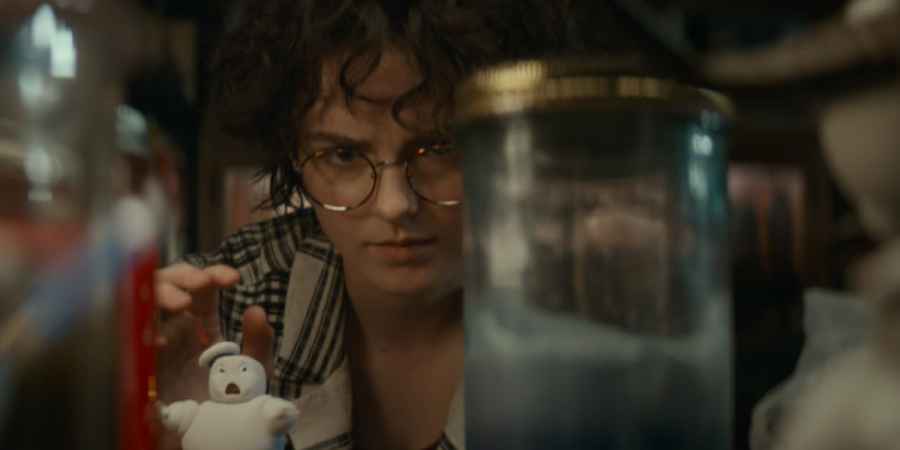
Photo: Sony

Photo: Sony
This page is more than one year old.
WARNING: This Article Contains Spoilers Throughout
In the latest addition to the 'Ghostbusters' franchise, 'Ghostbusters: Frozen Empire', a new term has entered the paranormal lexicon: "transapparate." This term is used in a scene where Phoebe, one of the new generation of Ghostbusters, witnesses the ghost of a 16-year-old girl named Melody passing through the wall of the gang's firehouse headquarters. Amazed by this, Phoebe exclaims, "You can transapparate!" This term, coined within the context of the movie, specifically refers to a ghost's ability to pass through solid objects.
The term "transapparate" might be new, coined specifically for the narrative of 'Ghostbusters: Frozen Empire', but the idea it encapsulates is not. In traditional ghost stories and paranormal investigations, the ability of spirits to phase through walls has been reported numerous times.
In residual hauntings, the apparitions seen are believed to be non-interactive and are likened to a looped recording of past events that replay over and over. It's often said that residual hauntings are not conscious of their surroundings or any changes in the physical layout, like the removal or addition of walls and doors. Therefore, these figures follow the same path they always have, even if it means walking through walls where there was once a door.
Intelligent hauntings, on the other hand, involve spirits that are thought to be aware of their surroundings and capable of interacting with the living. These entities might move objects, produce sounds, or even communicate through various means. The ability of these spirits to phase through walls, while less frequently discussed in the context of intelligent hauntings, is not out of the realm of possibility. If we consider the hypothesis that spirits interact with our world in ways not bound by our physical laws, an intelligent haunting could include instances where spirits choose to bypass physical barriers.
Transapparation is similar to several concepts found in the world of paranormal research, such as concepts like "phasing," which refers to the supposed paranormal ability allowing entities like ghosts to move through physical barriers, such as walls or closed doors, without interacting with the material in a conventional physical way. This concept is a staple in many ghost stories and paranormal accounts, suggesting that spirits are not bound by the same physical laws as the living.
Another term that aligns closely with "transapparation" is "apportation," which is the supposed phenomenon where objects are transported from one place to another through supernatural means. This can include objects appearing in locations where they were not previously present, seemingly moved by an unseen force or entity.
While apportation deals with the movement of objects, "transapparation," as depicted in the film, refers to the ability of ghosts to move through solid objects themselves. However, both concepts touch on the idea of entities or objects interacting with the physical world in ways that defy conventional understanding of physical laws.
Phoebe, played by Mckenna Grace, first meets Melody during an impromptu chess match in a park, which sees the ghost sliding the pieces around the chess board. This leads Phoebe to a classic question about the nature and behaviour of ghosts: How can a ghost interact with physical objects like chess pieces while also possessing the ability to pass through solid objects?
In the context of the movie, it could be that "transapparation" is a process by which a ghost can at will pass through a solid object, while the rest of the time having the ability to interact with physical matter. This would resolve the dilemma, but it is, of course, fictional and offers no explanation as to how a spirit might switch between these two states.
The explanation given by actress Emily Alyn Lind as Melody in the movie is vague. She tells Phoebe that ghosts exist "on a totally different dimensional plane." This is the idea that ghosts, or spirits, exist in a dimension that overlaps with ours, which means ghosts are not bound by the same physical laws as those in the living world. Their existence in a different dimension could allow them to choose when to make themselves visible or interact with our physical realm, including passing through objects or moving them.
Another real-world theory suggests that ghosts are a form of undiscovered energy. This energy could potentially phase through solid matter by not interacting with the particles in a traditional sense, but a spirit may be able to concentrate its energy to interact with objects.
The Ghostbuster universe has already helped make terms like "full-bodied apparition" and "ectoplasm" commonplace amongst paranormal investigators. As well as introducing us to transapparation, latest instalment in the franchise also explores other paranormal concepts, including pyrokinesis, possession, and the idea of unfinished business. 'Ghostbusters: Frozen Empire Empire' is in cinemas now.
More On 'Ghostbusters'
See All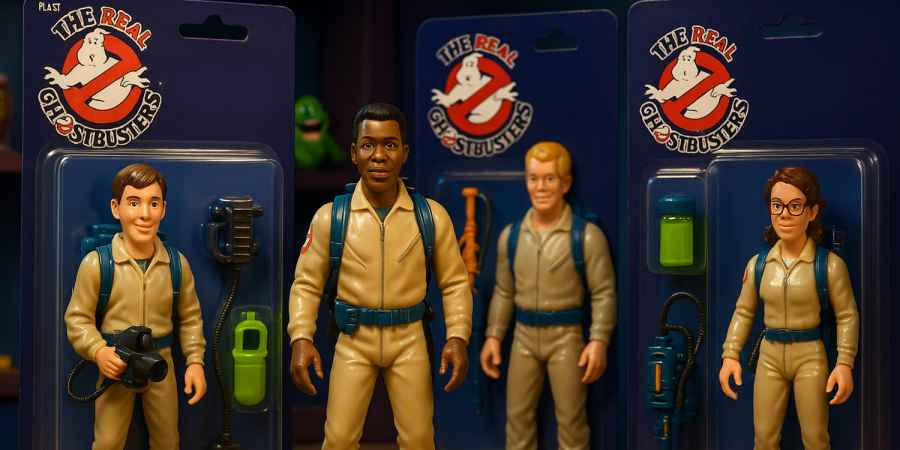
ArrayApril 11, 2025
How To Make Your Own 'Ghostbusters' Action Figure Using AI
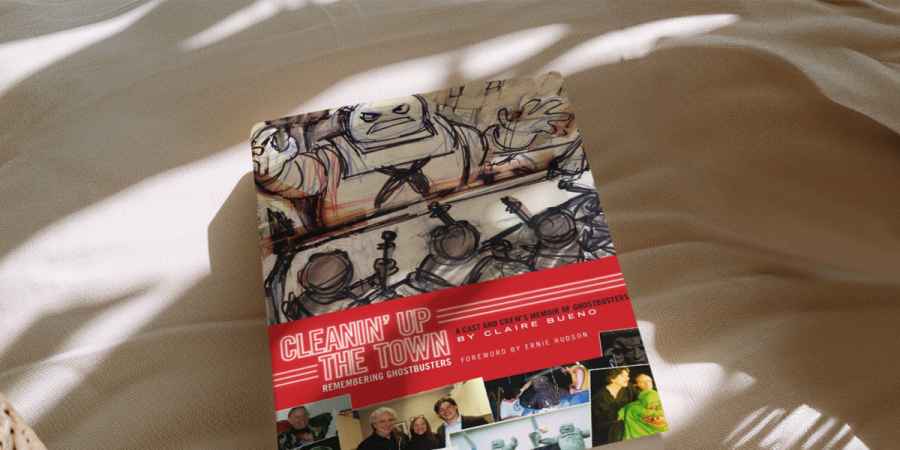
ArrayDecember 07, 2024
New Book Brings The Making Of 'Ghostbusters' To Life
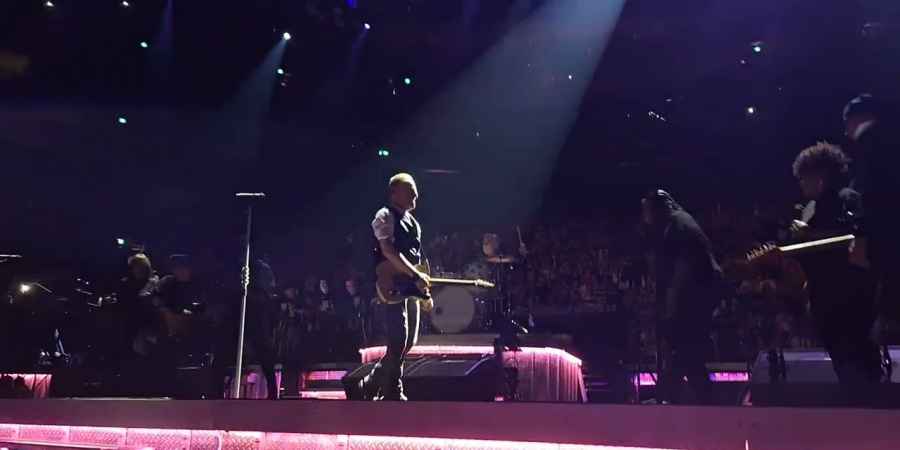
ArrayNovember 02, 2024
Watch Bruce Springsteen's Halloween Performance Of 'Ghostbusters'
Further Reading
Dive into the world of the paranormal and unexplained with books by Higgypop creator and writer Steve Higgins.

Hidden, Forbidden & Off-Limits
A journey through Britain's underground spaces, from nuclear bunkers to secret wartime sites.
Buy Now
The Ghost Lab: Paranormal Meets Science
A critical examination of ghost hunting tools and their scientific foundations.
Buy NowMore Like This

GhostbustersApril 11, 2025
How To Make Your Own 'Ghostbusters' Action Figure Using AI
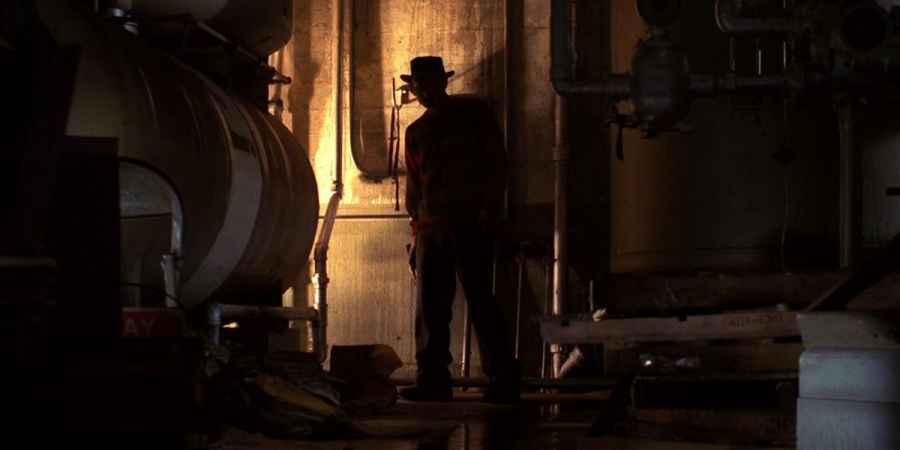
Nightmare On Elm StreetApril 08, 2025
New 'A Nightmare On Elm Street' Movie Reboot Gets An Official Update
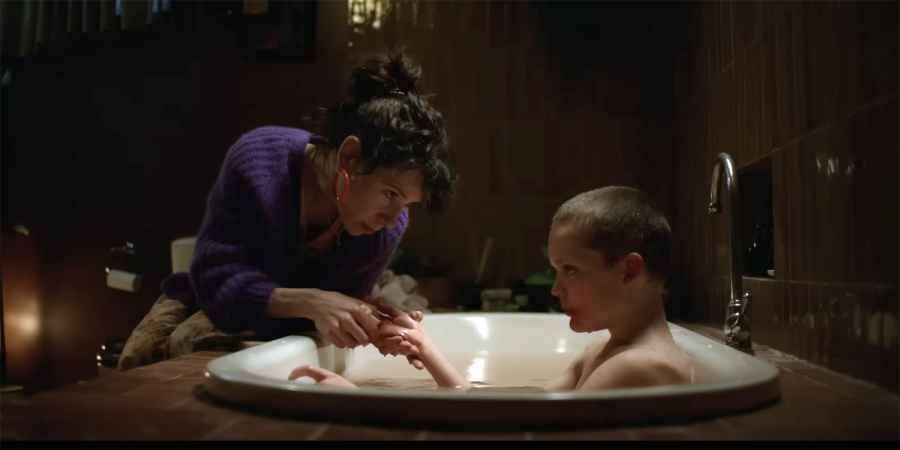
HorrorApril 03, 2025
Watch The Trailer For Australian Horror Movie 'Bring Her Back'
 See More on Audible
See More on Audible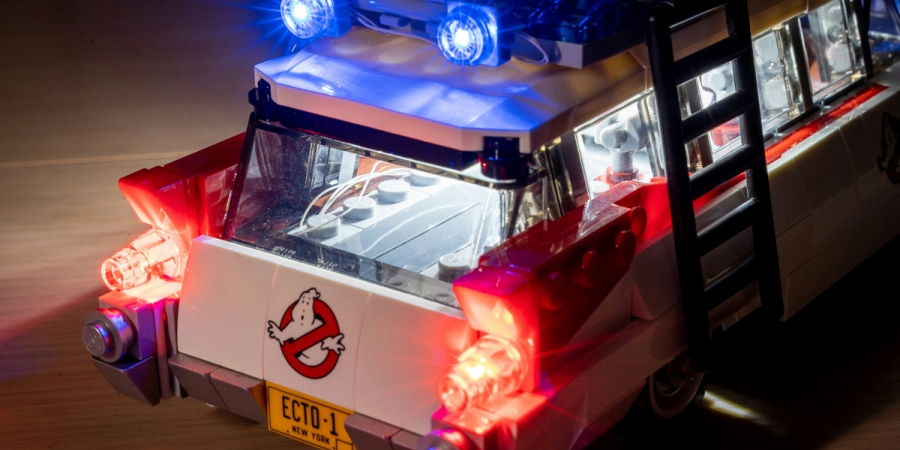
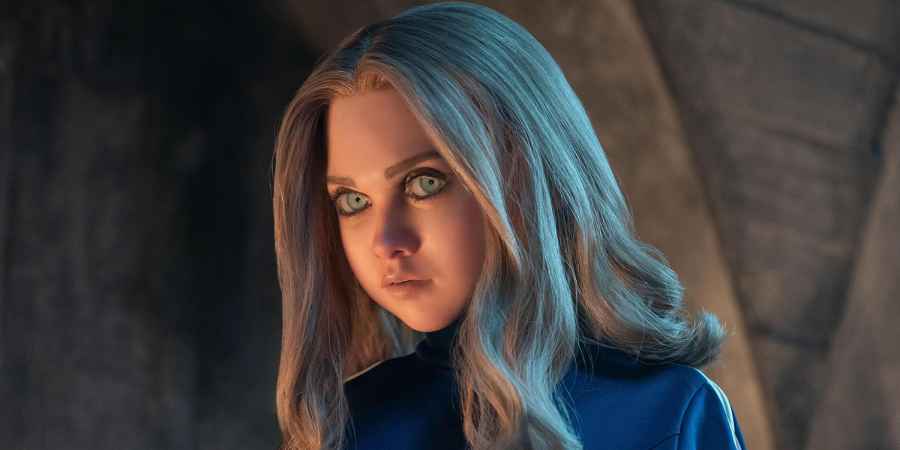

Comments
Want To Join The Conversation?
Sign in or create an account to leave a comment.
Sign In
Create Account
Account Settings
Be the first to comment.